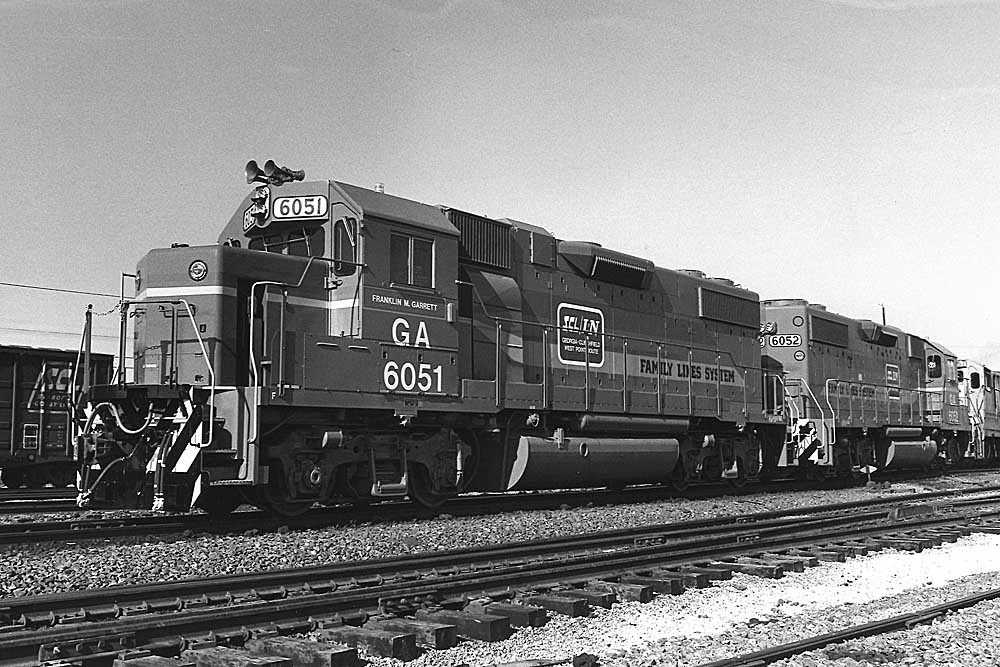
Railroad reporting marks Railroad cars are identified by two, three, or four letters and by a number of up to six digits. The letters, known as reporting marks, indicate the owner of the car, while the number places it in the owner’s fleet. Reporting marks ending in X indicate ownership by a private concern as […]
Read More…
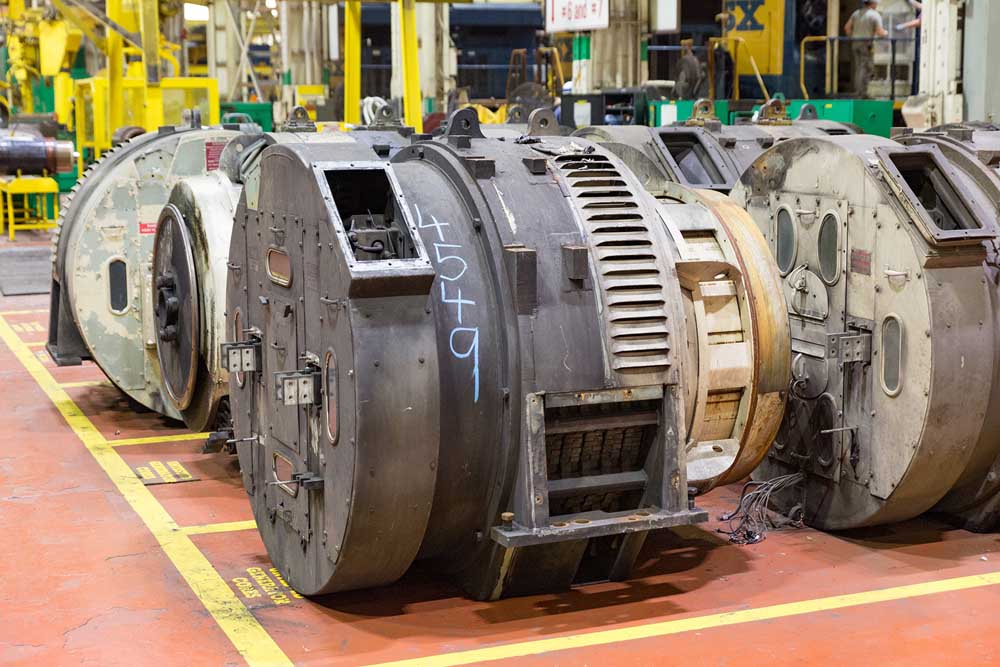
An EMD AR20 alternator from CSX SD70MAC 4549 at the railroad’s Huntington, W.Va., shop. Chris Guss Understanding brake horsepower: Diesel engines, like all engines, are built to perform a specific function. In a locomotive, that role is to provide power to move freight cars from one place to another. When buying locomotives, one thing management […]
Read More…
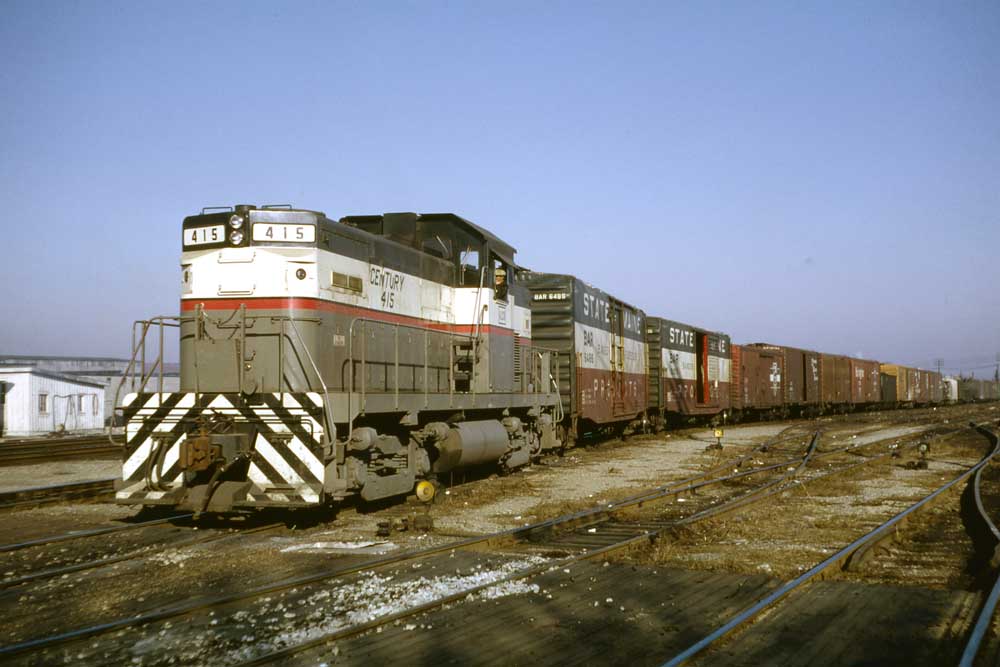
Five Alco locomotives no one wanted: In the annals of locomotive history, there are a great many success stories. The GP7, the U25B, and the SD40-2 spring to mind for many railfans. But among these successes, there are of course failures, models forgotten to time. This article highlights five locomotives from the famed manufacturer Alco […]
Read More…
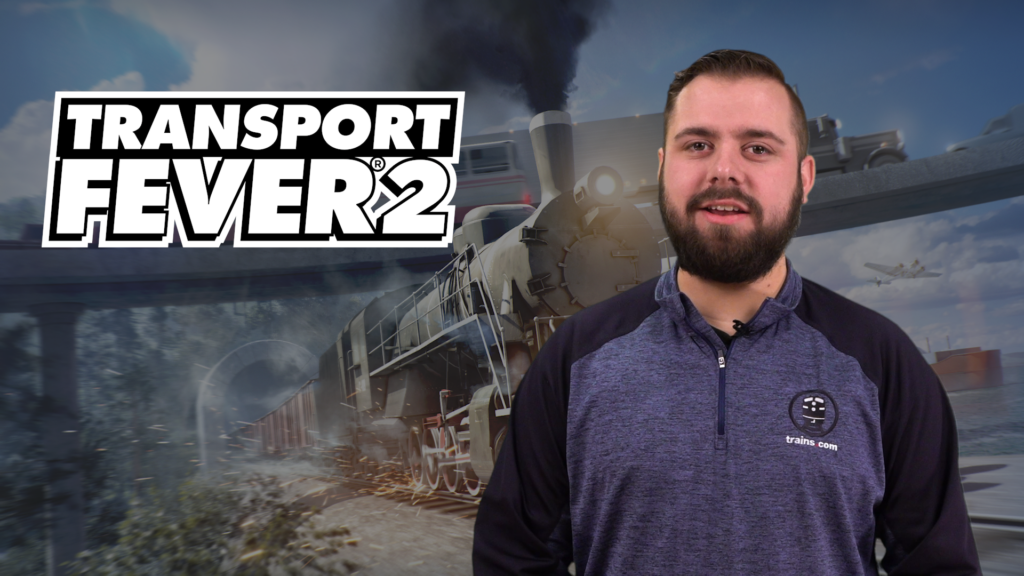
In this all-new, Trains.com product overview of Transport Fever 2, host Bryson Sleppy walks you through some of the distinctive features of the railroad simulator available on Mac, PC, Xbox One and Series S and X, and PlayStation 4 and 5 platforms. Unlike other railroad sims, TF2 expands the game environment consider additional modes of […]
Read More…
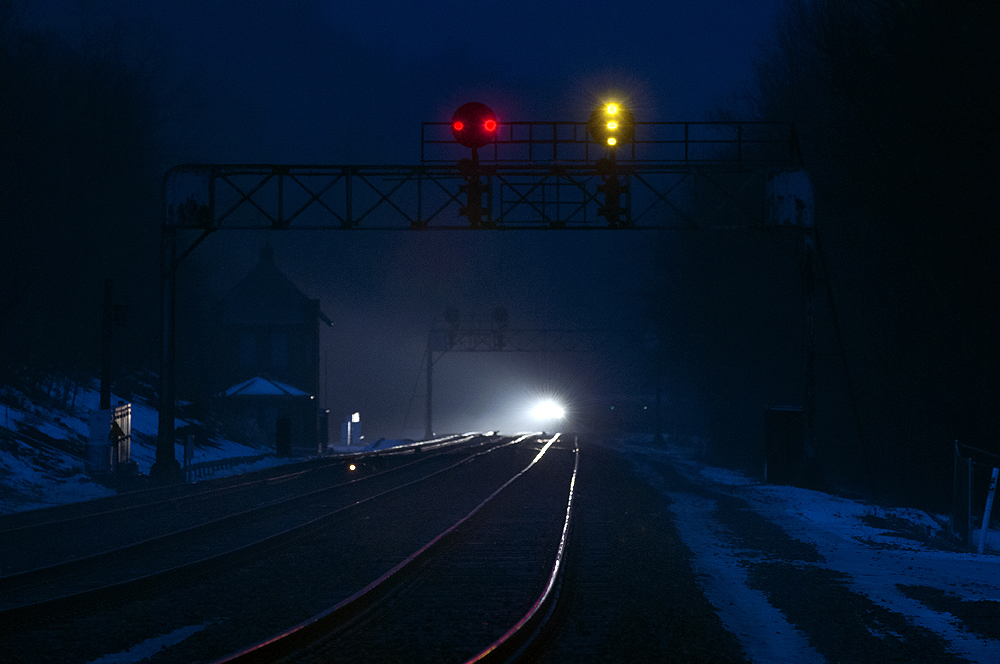
Railroading tools Railroads are fixed-guideway systems for transporting goods or people. Its basis is the low friction, and hence high efficiency, of a hard wheel rolling on a hard surface. They are made up of many elements: people doing different jobs, and hardware for them to use. The jobs range from laborer to strategic planner. […]
Read More…

No matter what scale you’re modeling in or what era you prefer, there is no doubt that you’ll encounter the need to use an adhesive sooner than later. Whether it’s laying cork roadbed, building a structure, or applying detail parts, everyone needs a variety of adhesives for a variety of tasks. This list should help […]
Read More…

Welcome back to another product overview of the captivating Train Sim World 3 on Trains.com. In this exploration, Host Bryson Sleppy delves into the immersive world of Train Sim World 3, released in 2022 and available on PC, Xbox One and Series S and X, and PlayStation 4 and 5. Players have the unique opportunity […]
Read More…
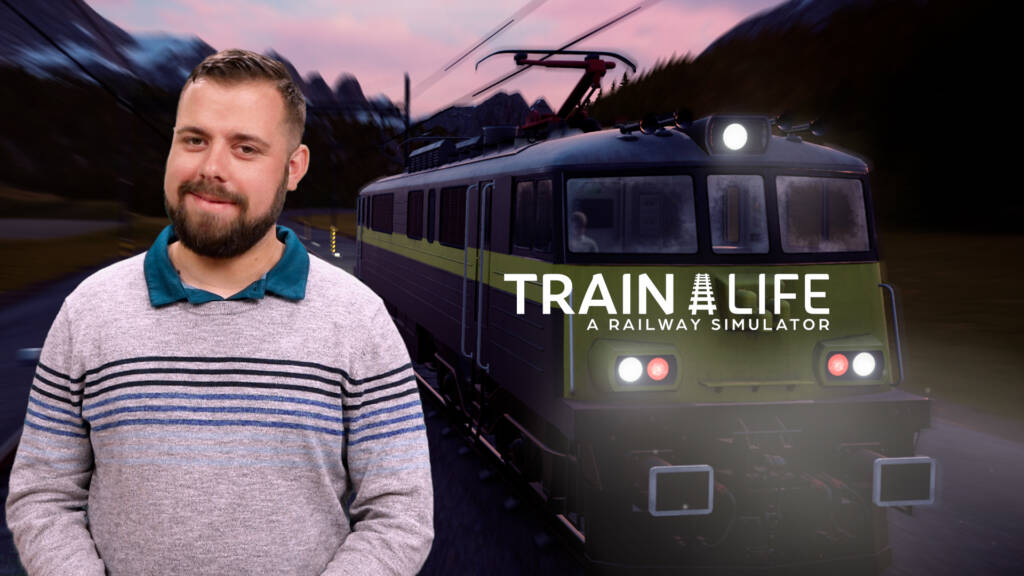
Host Bryson Sleppy takes train watching in a different direction, as he examines the world of “Train Life: A Railway Simulator,” a captivating railway simulator/game. Developed by Simteract (released in 2022), the game offers an immersive experience across Europe’s major cities like Berlin, Zurich, and Amsterdam. Unlike traditional train simulators, “Train Life” takes you beyond […]
Read More…
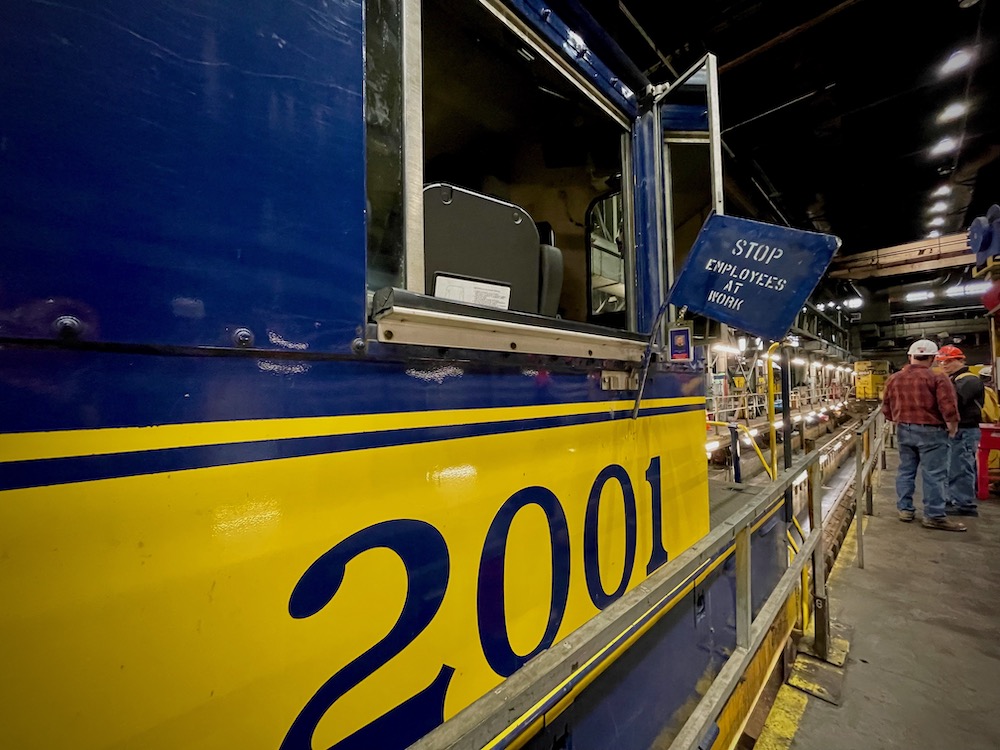
Blue flags protect workers. Here’s how they work. A major consideration in railroad operation is the maintenance that must be done on the rolling stock and track if freight and passengers are to be transported in a safe and timely manner. To maintain cars and locomotives, workers must get on, in between, and under them. […]
Read More…
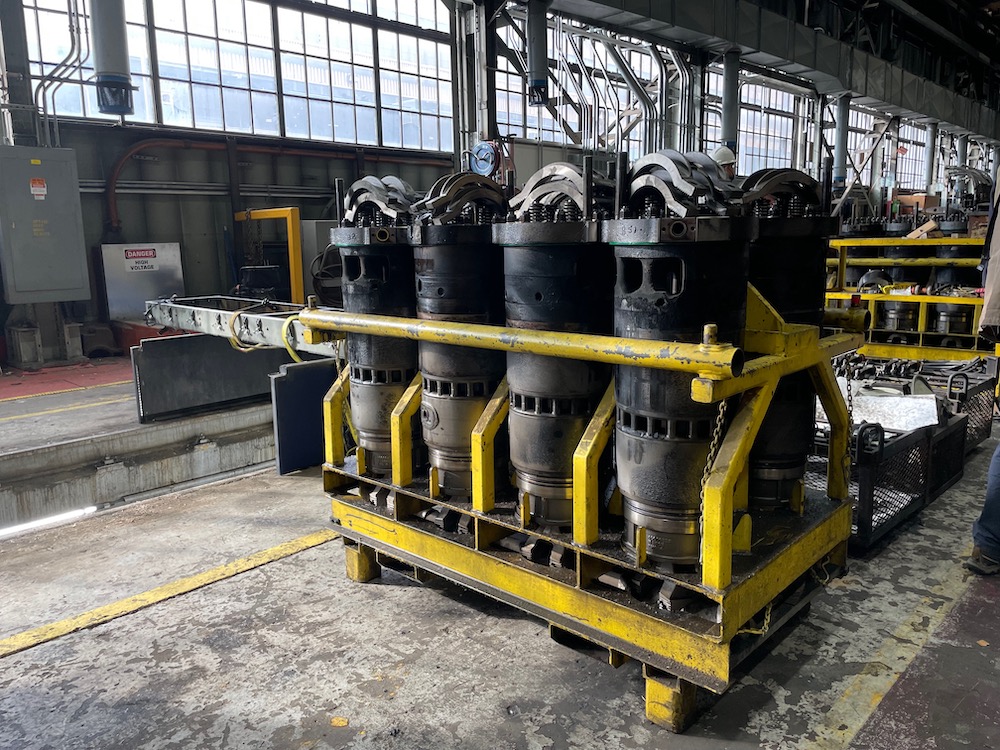
What’s the difference between a four-stroke diesel engine and a two-stroke engine? It’s more than just a matter of numbers, as Vernon L. Smith explained in “Cycles and Cylinders,” in the May 1979 issue of Trains Magazine: A four-cycle engine requires four strokes of the piston, covering two revolutions of the crankshaft, to complete one […]
Read More…
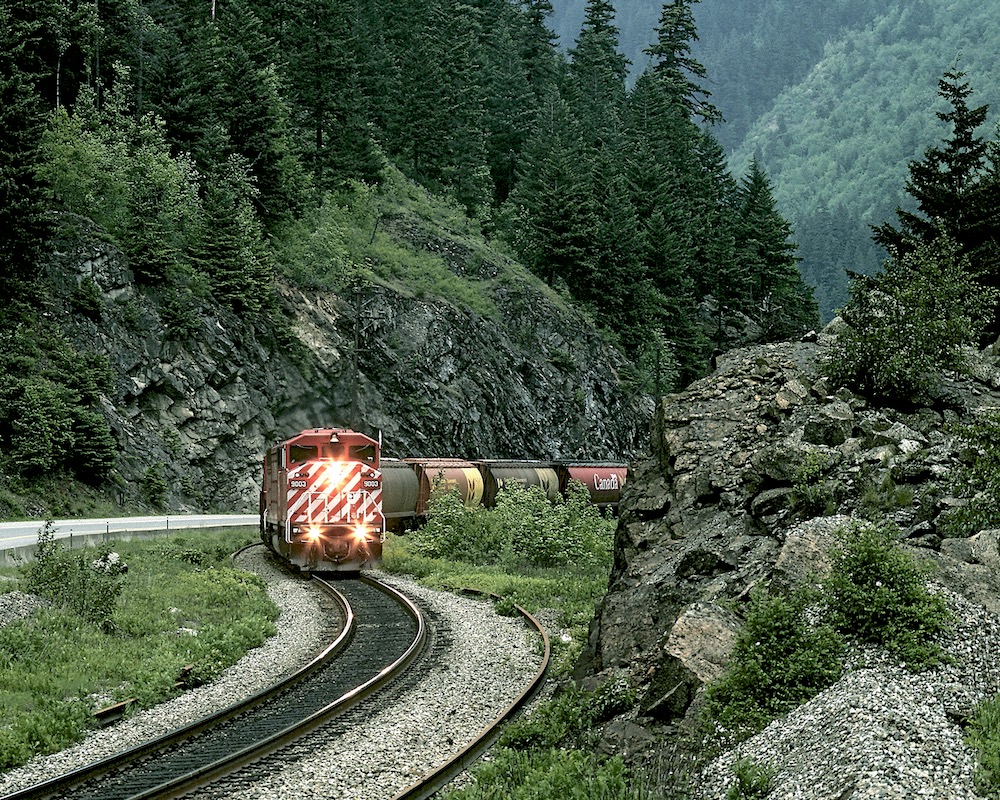
It’s strange but true: Diesel-electric locomotives have streetcar roots. With diesel locomotives rapidly replacing steam locomotives in the years after World War II, it’s easy to imagine diesels as a natural evolution of the steam locomotive. The fact is, there was almost no transfer of technology. The melodious steam whistle was replaced by a blaring […]
Read More…
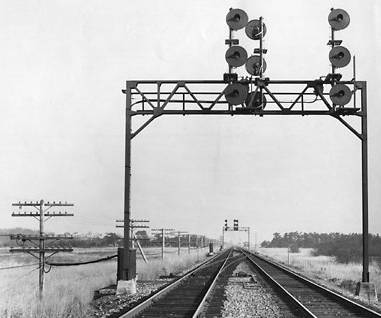
There is more to understanding railroad wayside signals than simply “green means go, red means stop.” To appreciate what the signals you see along the track are telling you, you first have to grasp a few basic concepts. Railroad traffic control boils down to three situations: trains running in the same direction on the same […]
Read More…












